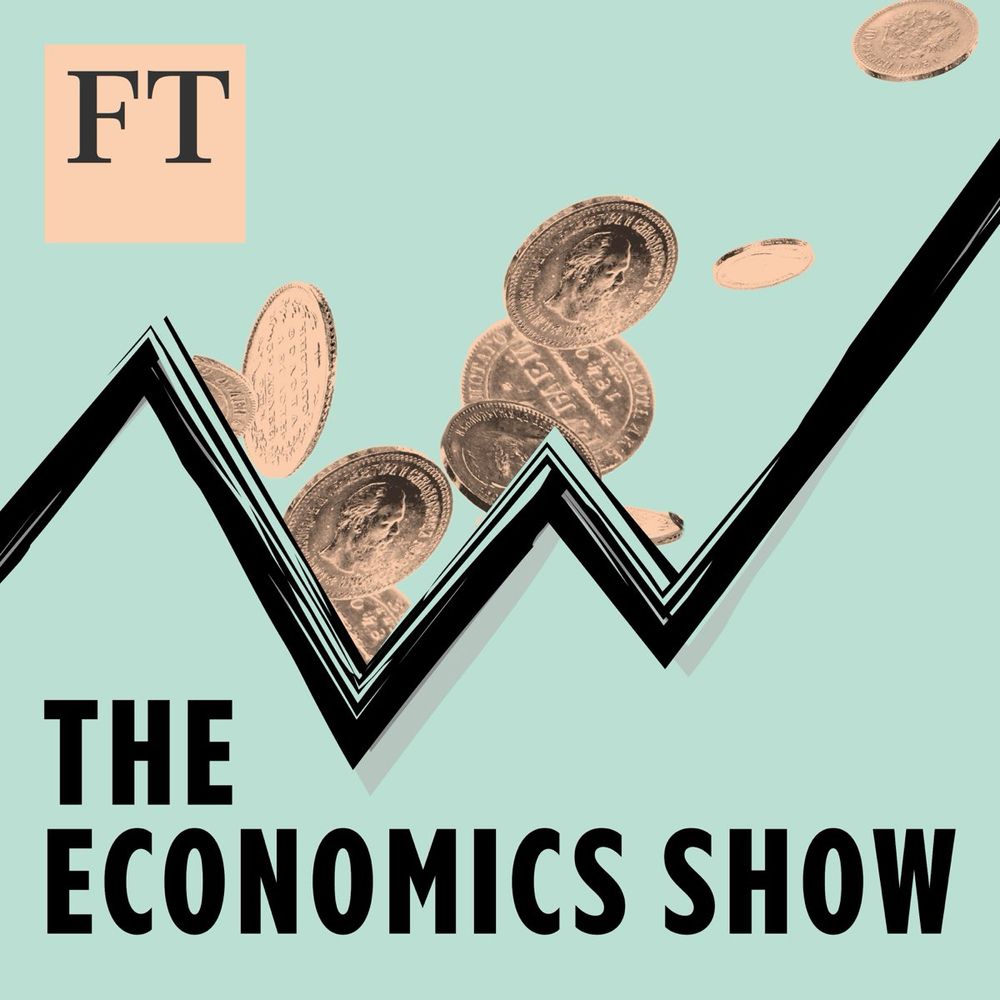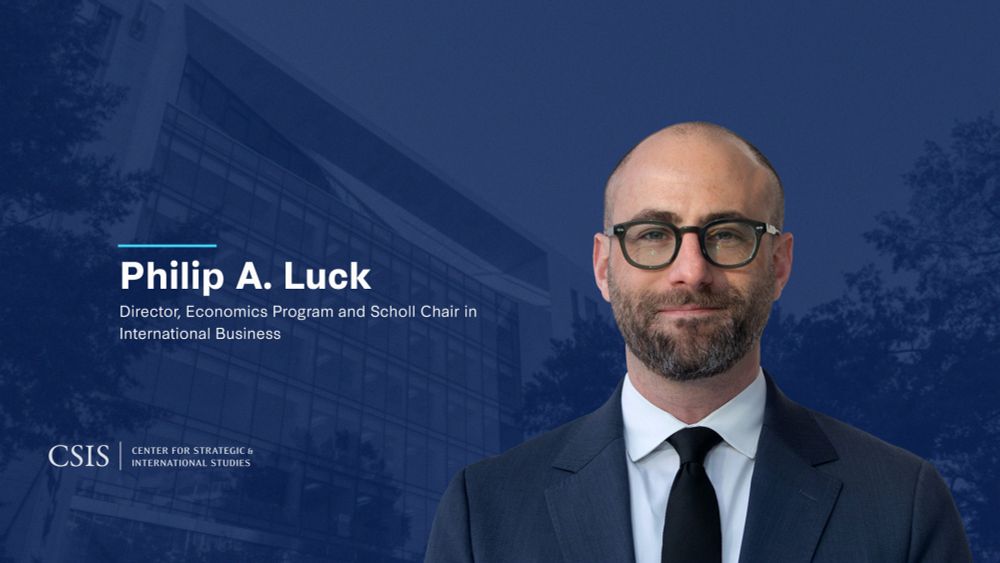Reposted by: Antoine Berthou, Menzie Chinn
Reposted by: Antoine Berthou
www.cepii.fr/BLOG/bi/post...
@denizunalcepii.bsky.social
#econsky #importation

Reposted by: Antoine Berthou
"Economic Outlook", speech by Jay Powell at the Economic Club of Chicago
"We may find ourselves in the challenging scenario in which our dual-mandate goals are in tension."
www.federalreserve.gov/newsevents/s...


by Kevin O’Rourke — Reposted by: Antoine Berthou
www.rte.ie/news/politic...

Reposted by: Antoine Berthou
@wederdim.bsky.social

by Michael Pettis — Reposted by: Antoine Berthou
"The loss of German manufacturing jobs has been masked by a broader shift in employment trends," the FT notes, citing employment growth in services industries such as real estate, healthcare, communications and public administration.
www.ft.com/content/bdba...
Reposted by: Antoine Berthou, Steven G. Medema
by Pol Antras — Reposted by: Antoine Berthou
Full paper: antras.scholars.harvard.edu/sites/g/file...
Short version for AEA P&P: antras.scholars.harvard.edu/sites/g/file...
Our six-digit NAICS measure of the APP can be downloaded here: antras.scholars.harvard.edu/sites/g/file...
Replication package available soon.
by Pol Antras — Reposted by: Antoine Berthou

Reposted by: Antoine Berthou, Douglas A. Irwin
@douglasirwin.bsky.social on US trade policy — past and present
By @alanbeattie.bsky.social
podcasts.apple.com/gb/podcast/t...

Reposted by: Antoine Berthou, Douglas A. Irwin
If you're not a fan of podcasts, here's the transcript
www.ft.com/content/58ec...
by Marion Jansen — Reposted by: Antoine Berthou

by Menzie Chinn — Reposted by: Antoine Berthou

by Pierre‐Olivier Gourinchas — Reposted by: Antoine Berthou

Reposted by: Antoine Berthou

by Menzie Chinn — Reposted by: Antoine Berthou
econbrowser.com/archives/202...


Reposted by: Antoine Berthou
Reposted by: Antoine Berthou
Brief version: Tariffs will strengthen the U.S. dollar which will reduce impact on consumers but exacerbate it for exporters.
Three cases:
by Kevin O’Rourke — Reposted by: Antoine Berthou
by Dani Rodrik — Reposted by: Antoine Berthou, Federico Ortino

Reposted by: Antoine Berthou
by Dani Rodrik — Reposted by: Antoine Berthou
As always, Dani Rodrik presents a nuanced discussion of tariffs without the hysteria that usually surrounds any such discussion. He notes that "an import tariff is a specific combination of two different policies: a tax on...
by Michael Pettis — Reposted by: Antoine Berthou
That is why I often cite Ragnar Nurkse: “the devaluation of a currency is expansionary in effect if it corrects a previous overvaluation, but deflationary if it makes the currency undervalued.”
This is true about any policy that changes existing trade relationships.
by Michael Pettis — Reposted by: Antoine Berthou
That is why the comparison with currency depreciation is useful. If a country's currency is undervalued, or "correctly" valued, devaluing the currency is likely to distort the efficient functioning of the market and to reduce global value creation.
by Michael Pettis — Reposted by: Antoine Berthou
At least in the short term (see Rodrik's "infant industry" exception).
But in a world of highly unbalanced trade, tariffs can actually improve efficiency if they are designed to counter beggar-thy-neighbor policies and reverse the imbalances.
by Michael Pettis — Reposted by: Antoine Berthou
open.substack.com/pub/paulkrug...

Reposted by: Antoine Berthou
https://doi.org/10.1016/j.jinteco.2024.104037

by Michael Pettis — Reposted by: Antoine Berthou
NYT: "“Our new approach to trade recognizes people as more than just consumers, but also producers,” Katherine Tai said in a 2023 speech."
This is a key point in any serious discussion of US trade or industrial policy.
www.nytimes.com/2025/01/04/u...

